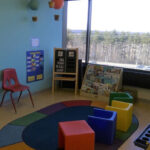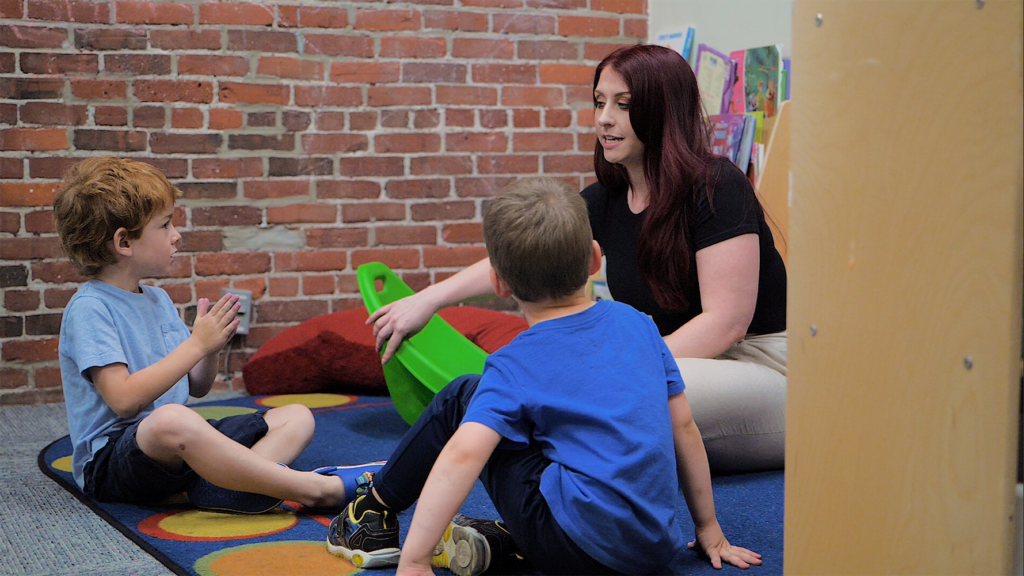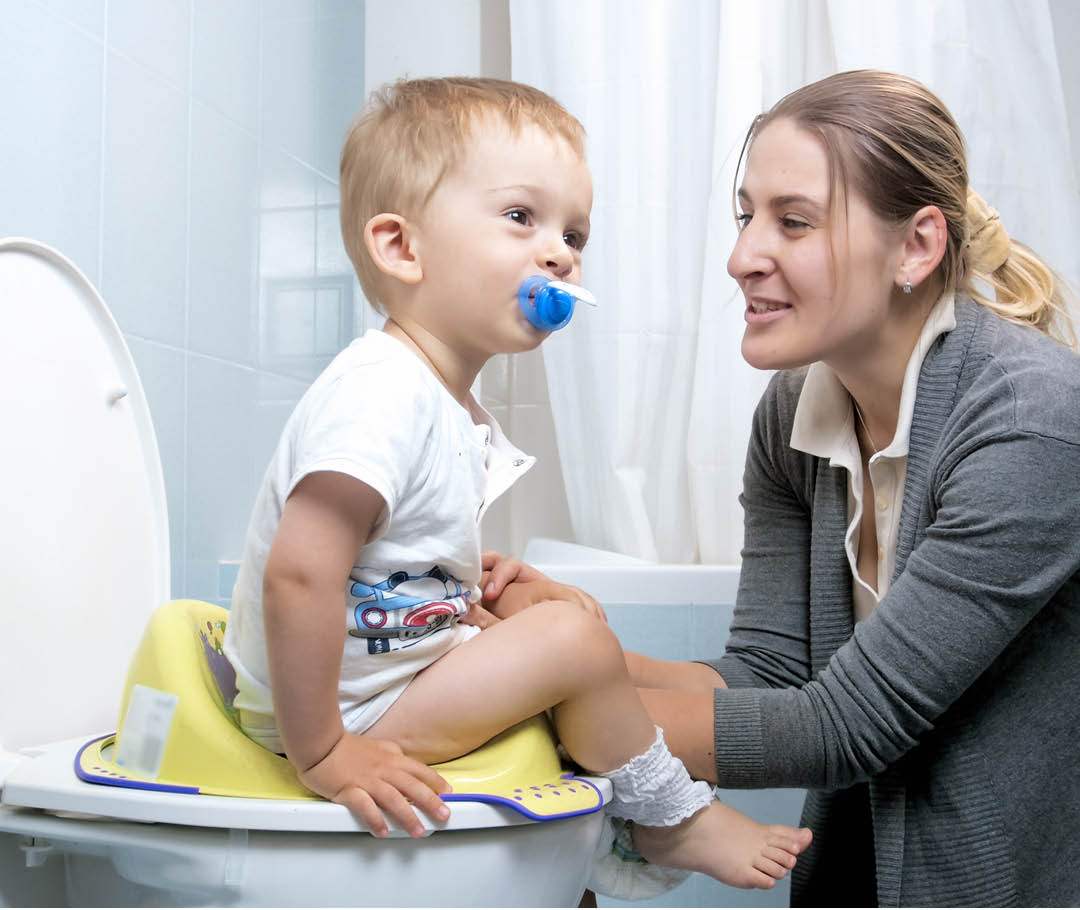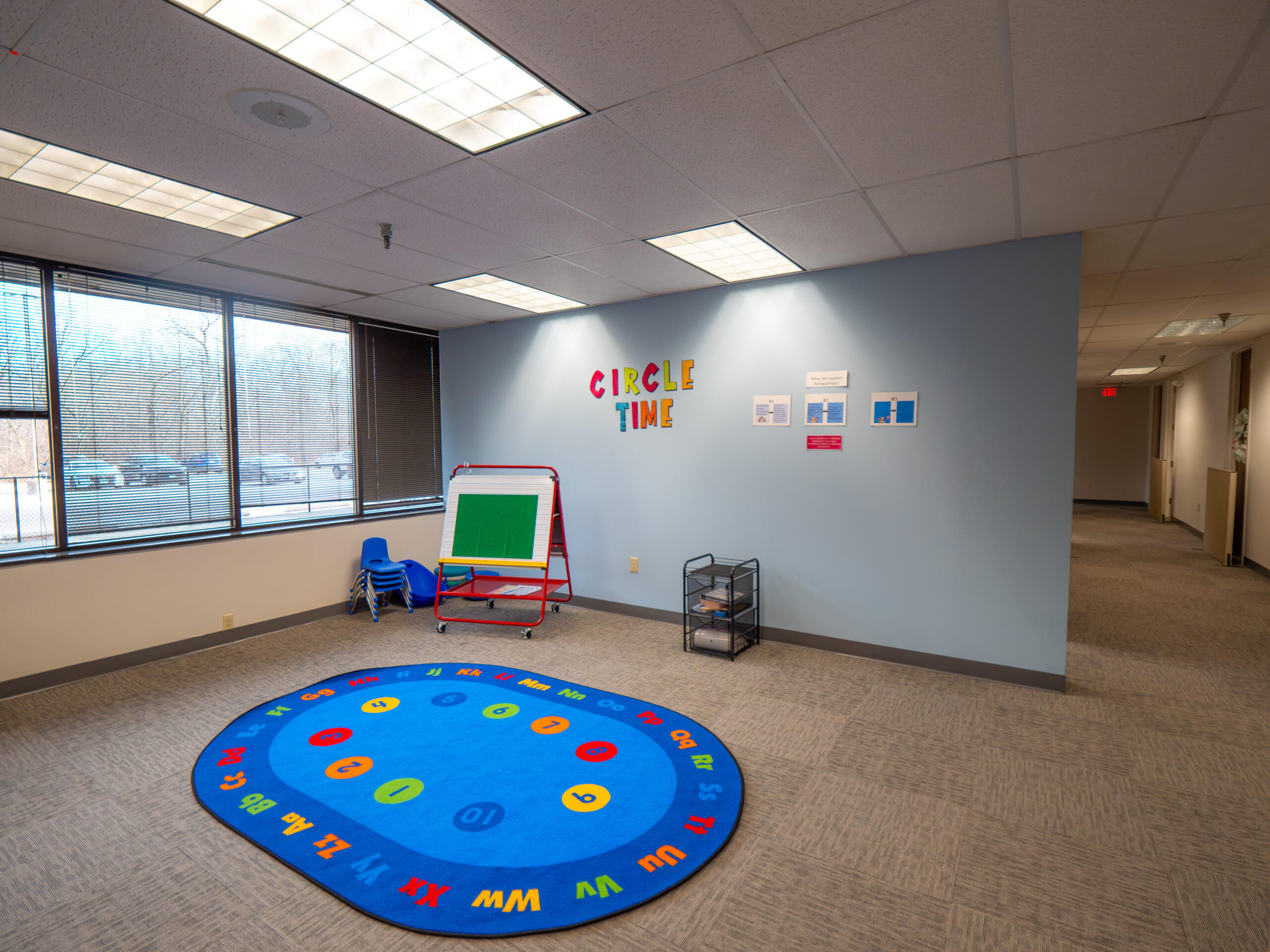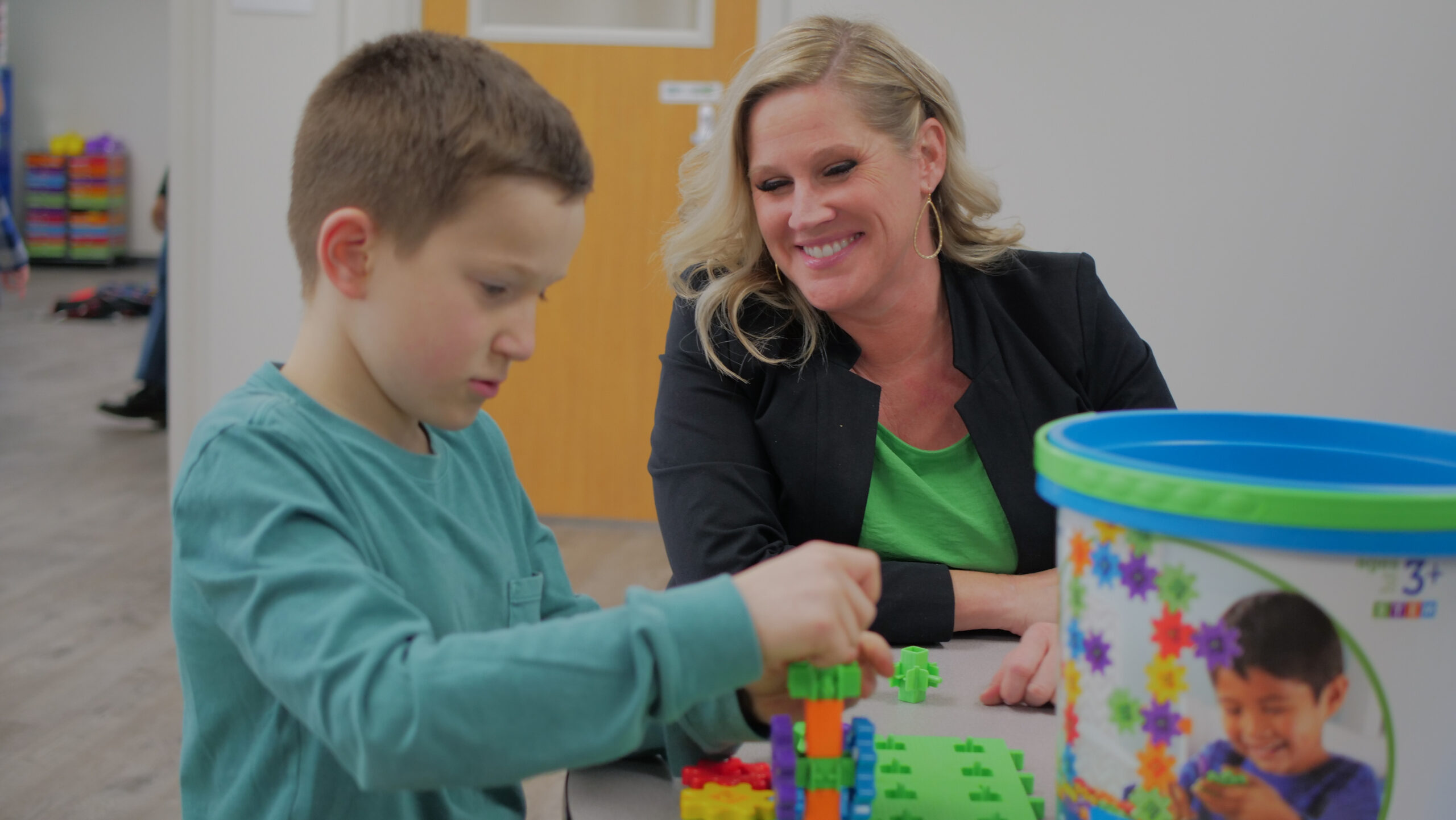Holiday Gift Guide for Children with Autism
FEATURED POSTS
February 16, 2026
Selecting suitable toys for a child’s holiday or birthday gifts can be challenging, especially when the recipient is a child with autism. This handy list includes a number of popular, age-appropriate toys for children up to five years of age. Parents should keep in mind, however, that every child is unique and will respond differently to certain toys and teaching materials. You can check with your child’s therapist or teacher to determine what’s most appropriate for your child’s needs and interests.
Under 3 years old:
-Shape sorters
-Puzzles (wooden with a peg on each piece)
-Board books (including touch and feel books)
-Stacking/nesting blocks and cups
-Cause-and-effect toys with buttons, lights, sounds, and music
-Dolls and large action figures
Ages 3-5:
-Games (e.g., Candy Land, Chutes and Ladders, Don’t Break the Ice, Hungry Hungry Hippos, Memory, Hi-Ho Cherry-O, Zingo)
-Puzzles (up to 25 piece jigsaw)
-Action figures/dolls and related accessories
-Dress up items and beads
-Pretend play toys (e.g., kitchen, construction, doctor kit, etc.)
-Art supplies (e.g., markers, crayons, stickers, construction paper, glue)
-Play dough and/or Moon sand
-Small building blocks (e.g., LEGOS)
-Cars, trucks, trains, etc.
-Lacing cards
-Sports sets (e.g., plastic bowling ball and pins, plastic baseball, bat, and tee)
All children 5 and under:
-Large building blocks (e.g., Mega Blocks or Duplo)
-Electronic learning toys (e.g. Leap Frog, V-Tech)
-Fisher Price Little People sets
-Plastic animal figurines
-Magna-Doodle
-Musical instruments (e.g. drums, cymbals, maracas, keyboard)
Read Reducing Holiday Stress for Families of Children with Autism
For more tips, check out the Toys R Us Toy Guide for Differently Abled Kids






